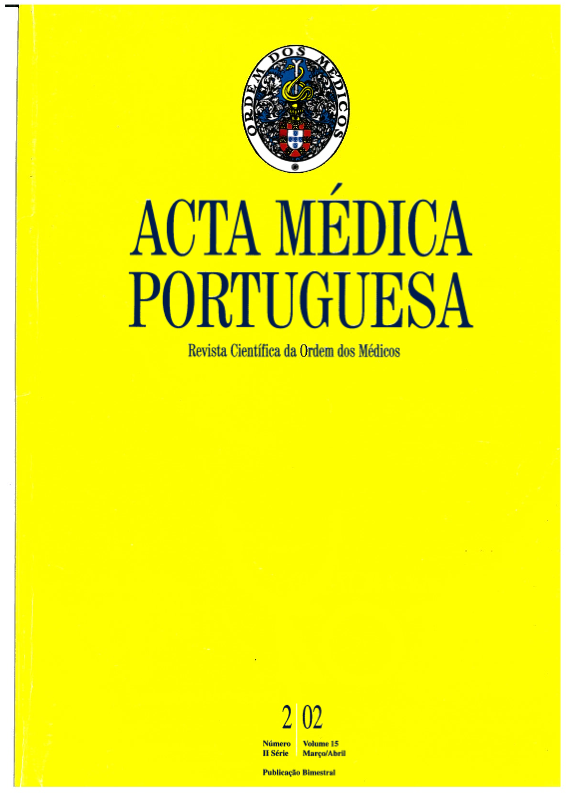DNA flow cytrometry in solid tumors.
DOI:
https://doi.org/10.20344/amp.1918Abstract
This brief overview outlines the fundamental principles of flow cytometry with emphasis on DNA measurements and cell cycle analysis in human solid tumors. Type of material used, sampling processing procedures and methods of analysis of data are discussed. DNA ploidy and proliferative activity (S-phase fraction) are the two biological parameters commonly measured by DNA flow cytometric analysis. The prime purpose of most studies in this area is the investigation of the prognostic value of DNA flow cytometry in addition to the information provided by conventional clinicopathological factors known to affect disease prognosis. Numerous studies concerning the predictive significance of DNA flow cytometry in some types of solid tumors are reviewed in this article. The general statement, for tumors in the same histopathological stage of the disease, is that diploid and/or low proliferative tumors have a more favourable prognosis than aneuploid and/or high proliferative tumors, suggesting an important role of DNA flow cytometry in the assessment of tumor behaviour and in the outcome evaluation of the disease. However, in some studies this association could not be substantiated, and the prognostic relevance of DNA analysis has been questioned. The potential reasons for conflicting results, namely the methodological pitfalls related to the cell preparation techniques and the histogram interpretation are discussed.Downloads
Downloads
How to Cite
Issue
Section
License
All the articles published in the AMP are open access and comply with the requirements of funding agencies or academic institutions. The AMP is governed by the terms of the Creative Commons ‘Attribution – Non-Commercial Use - (CC-BY-NC)’ license, regarding the use by third parties.
It is the author’s responsibility to obtain approval for the reproduction of figures, tables, etc. from other publications.
Upon acceptance of an article for publication, the authors will be asked to complete the ICMJE “Copyright Liability and Copyright Sharing Statement “(http://www.actamedicaportuguesa.com/info/AMP-NormasPublicacao.pdf) and the “Declaration of Potential Conflicts of Interest” (http:// www.icmje.org/conflicts-of-interest). An e-mail will be sent to the corresponding author to acknowledge receipt of the manuscript.
After publication, the authors are authorised to make their articles available in repositories of their institutions of origin, as long as they always mention where they were published and according to the Creative Commons license.









